Second Volume of the Resilience Learning Module: Strategies and Actions, which provides practical approaches to resilience-building for local, metropolitan, and regional governments, is launched during the #Innovate4Cities Conference. The second…
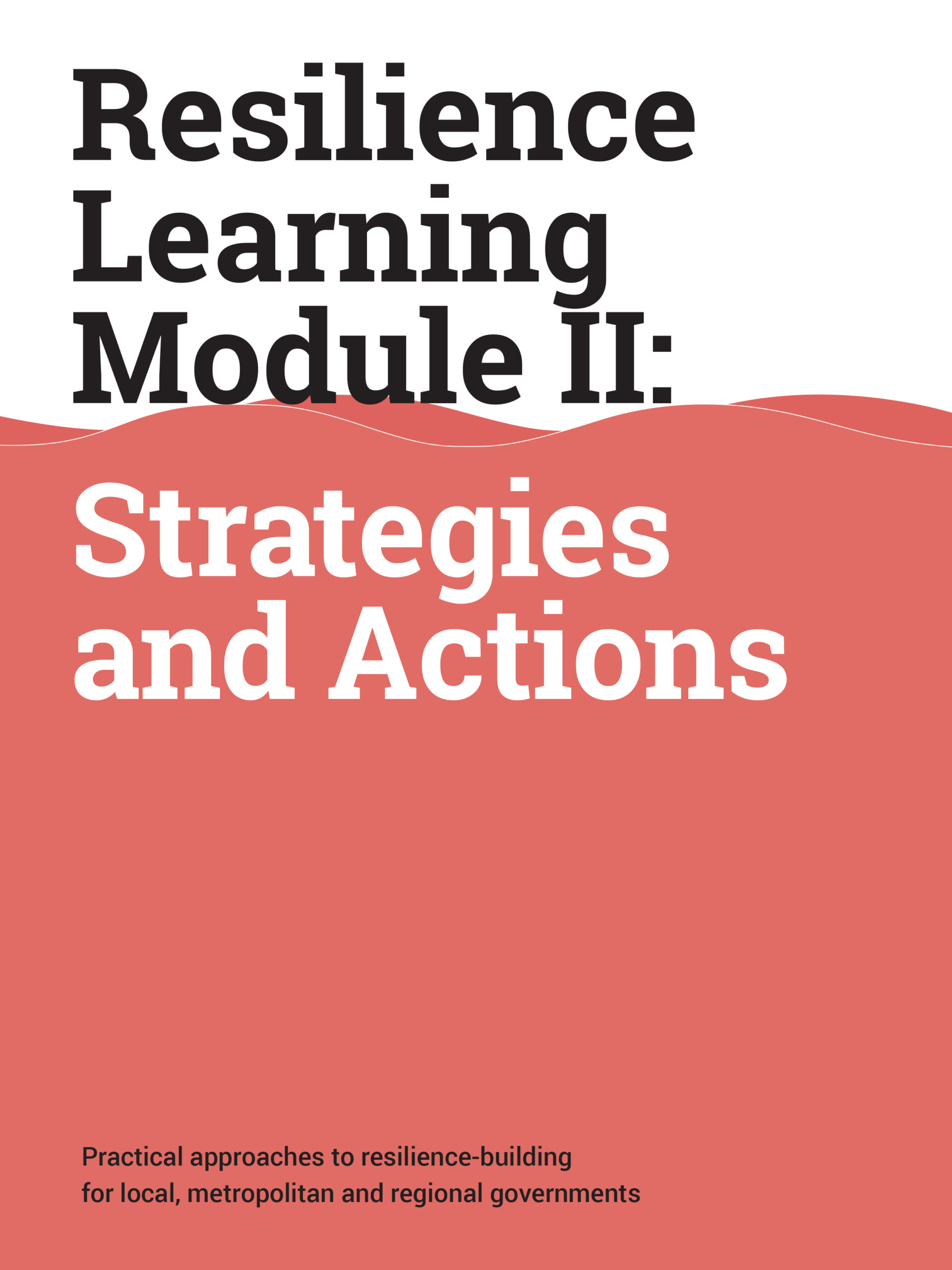

Second Volume of the Resilience Learning Module: Strategies and Actions, which provides practical approaches to resilience-building for local, metropolitan, and regional governments, is launched during the #Innovate4Cities Conference. The second…
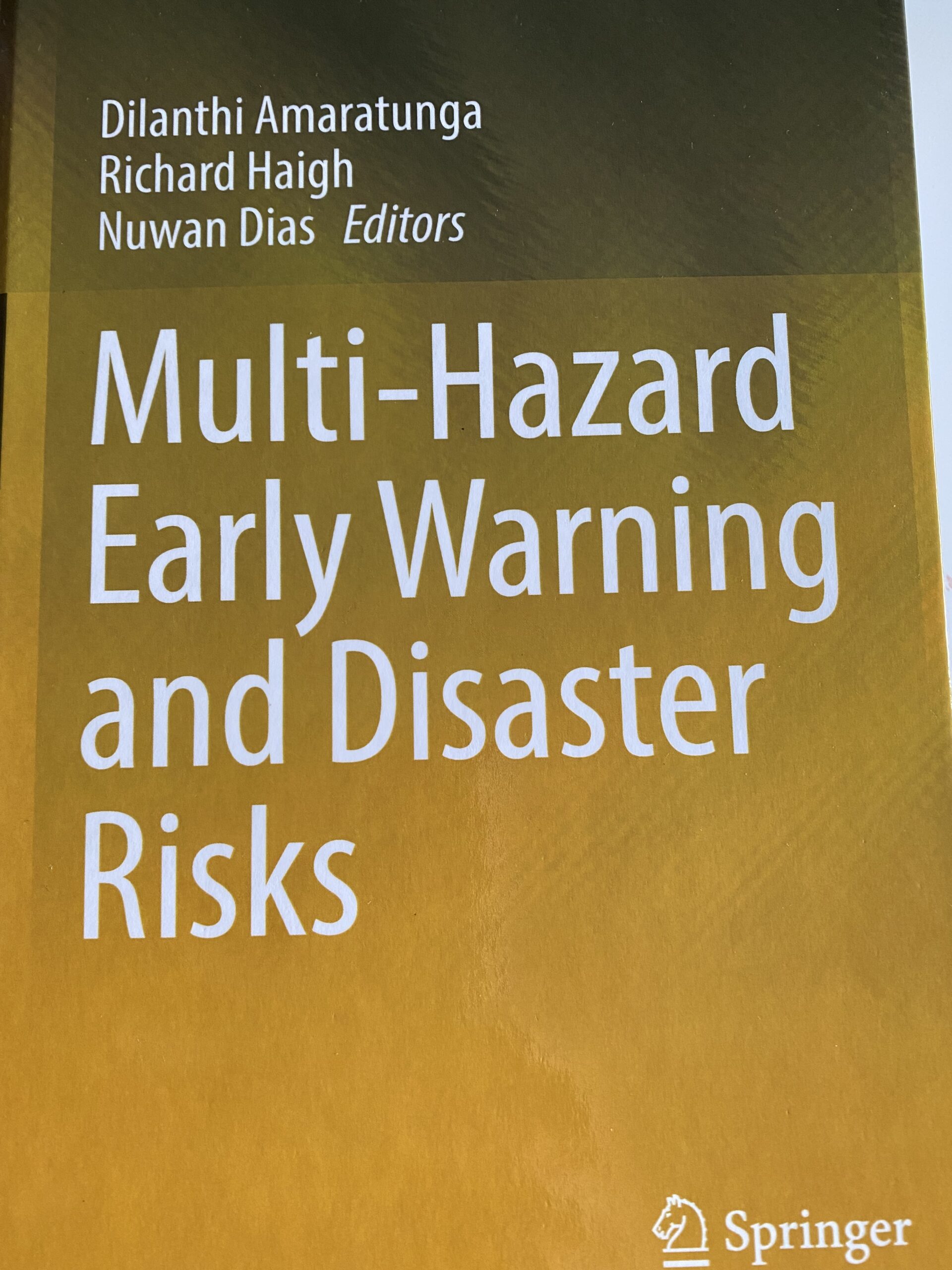
The availability of robust and resilient infrastructure influences the sustainable and resilient development of cities and territories. This paper, jointly written by CUDRR+R's Ebru Gencer, UNDRR's Abhilash Panda, and University…
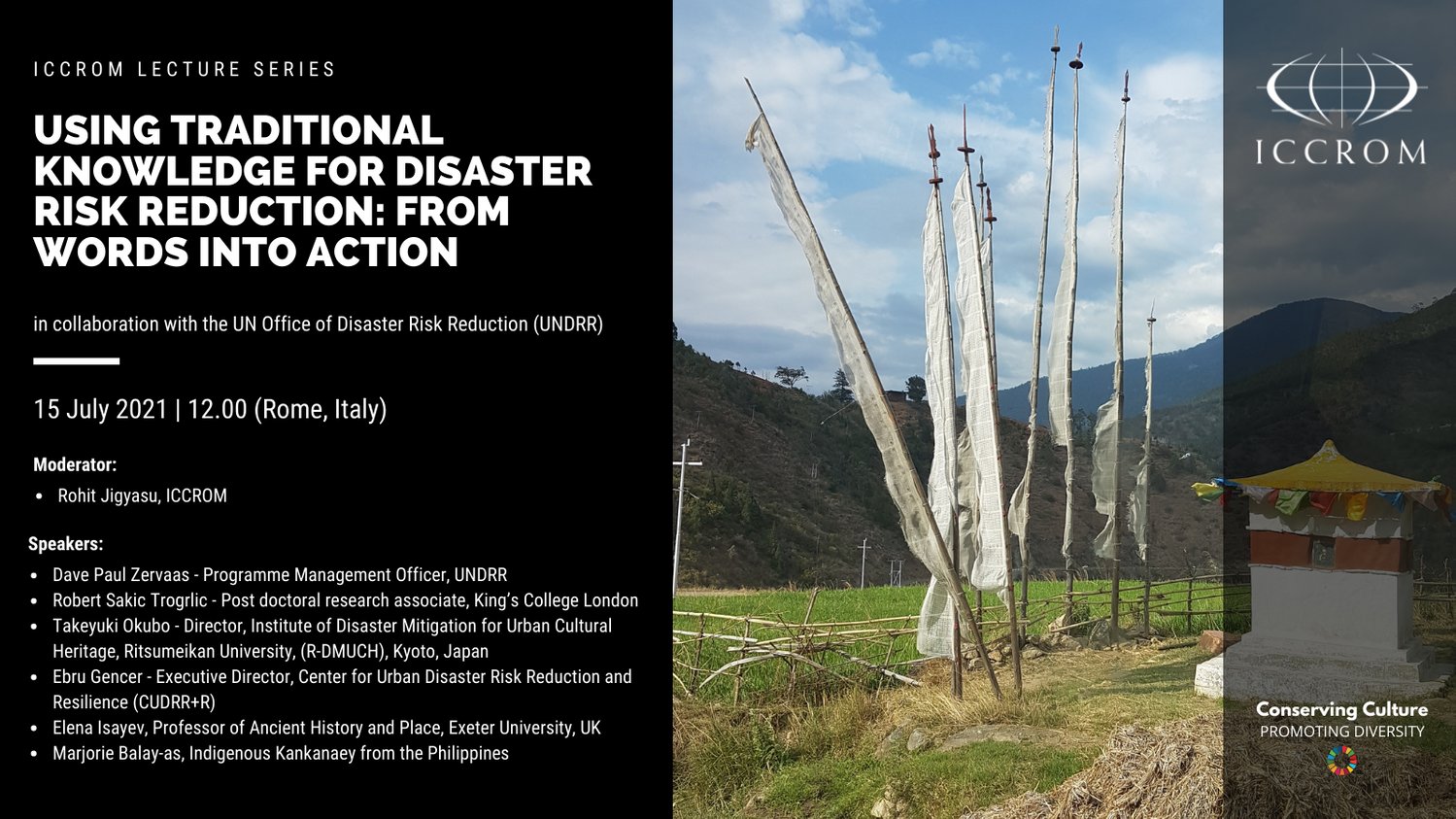
Traditional knowledge for disaster risk reduction develops through the close relationship of communities with their environment. This accumulated knowledge based on the direct experience with disasters enables the communities to…

CUDRR+R Statement on Racial Injustice and Equitable Resilience The Center for Urban Disaster Risk Reduction and Resilience (CUDRR+R) is a non-profit research center with a mission to produce knowledge…
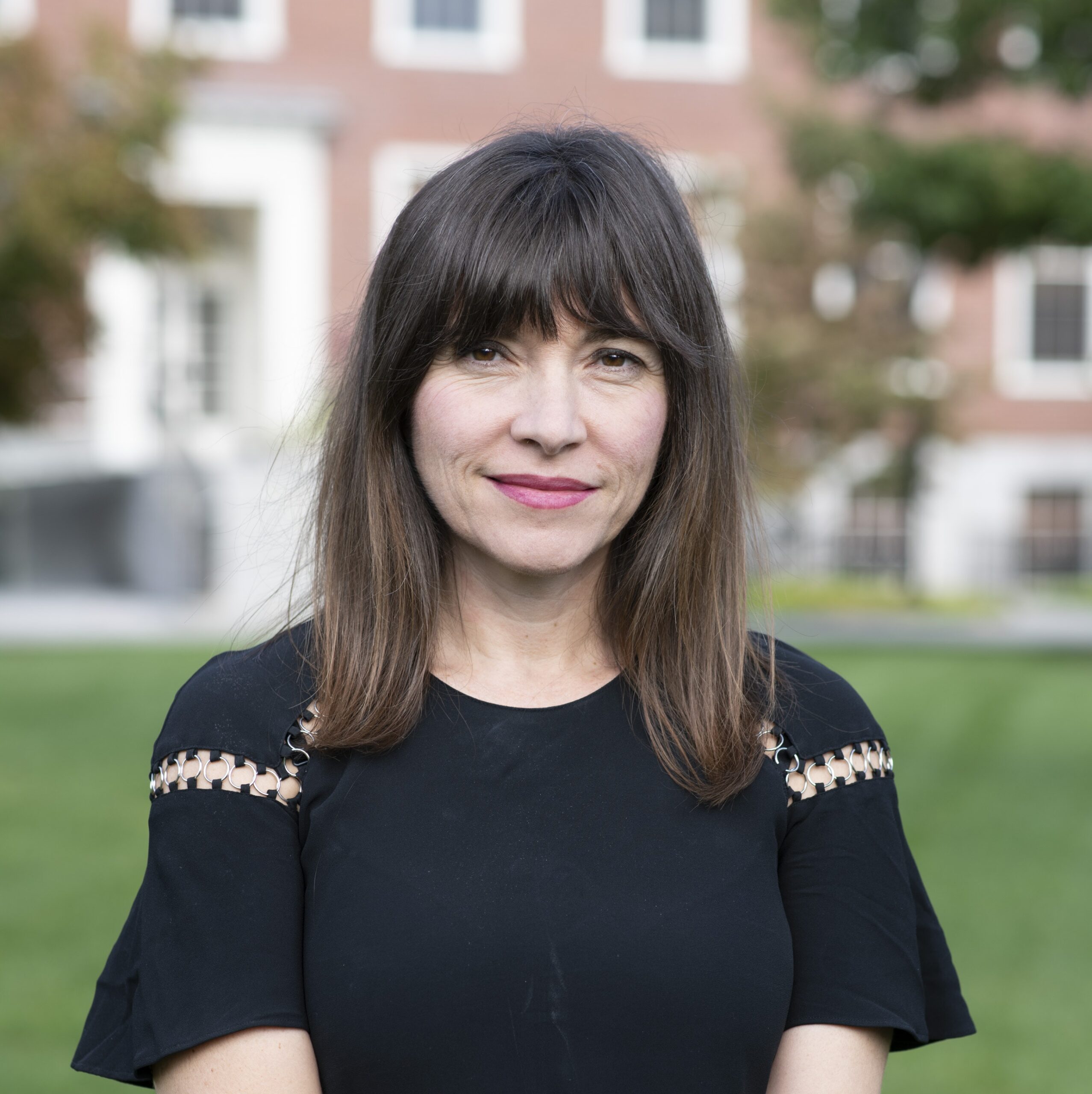
Esra Akcan, CUDRR+R Board Member and Cornell University Professor of Architecture received the prestigious Harvard Radcliffe Institute Fellowship. During her time at Harvard, Akcan researched her next book project, Right-to-heal:…
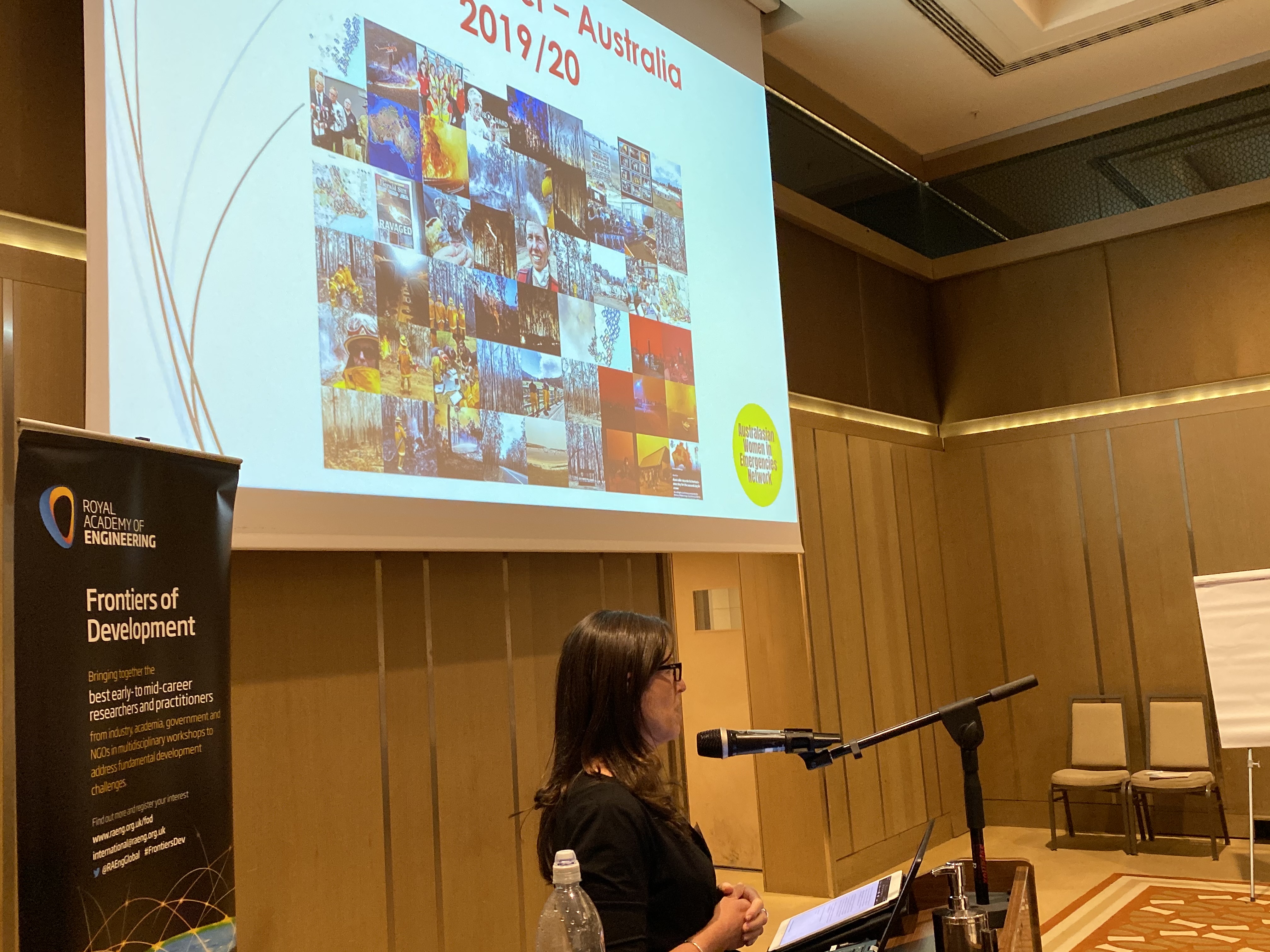
CUDRR+R's Ebru Gencer chaired "Efficient Post-Disaster Recovery Phase that Supports Well-Being and Diversity" session at the Frontiers of Development: Disaster Resilience Symposium that took place in Istanbul during 2-4 March,…
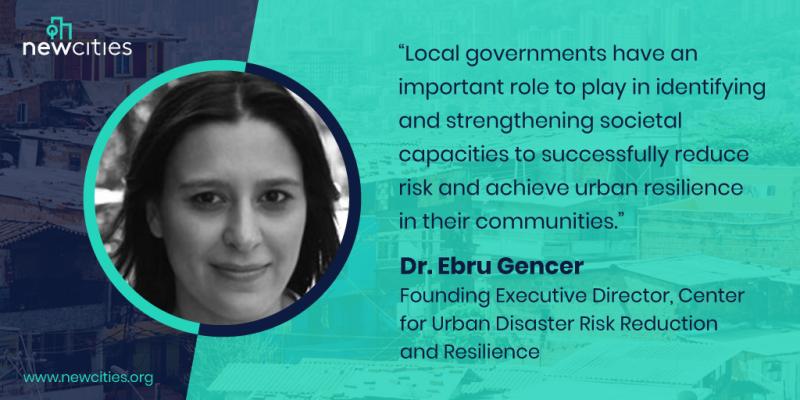
Effective risk governance at the #urban scale requires participation, from decision-making to planning and implementation. Read more from Ebru Gencer, Center for Urban Disaster Risk Reduction and Resilience (CUDRR+R) about how regional and local contexts…

CUDRR+R attended Workshop on Urban Resilience Metrics for Policy Action organized by the Bartlett Development Unit at University College London in September 26-27, 2019. The aim of this meeting was…
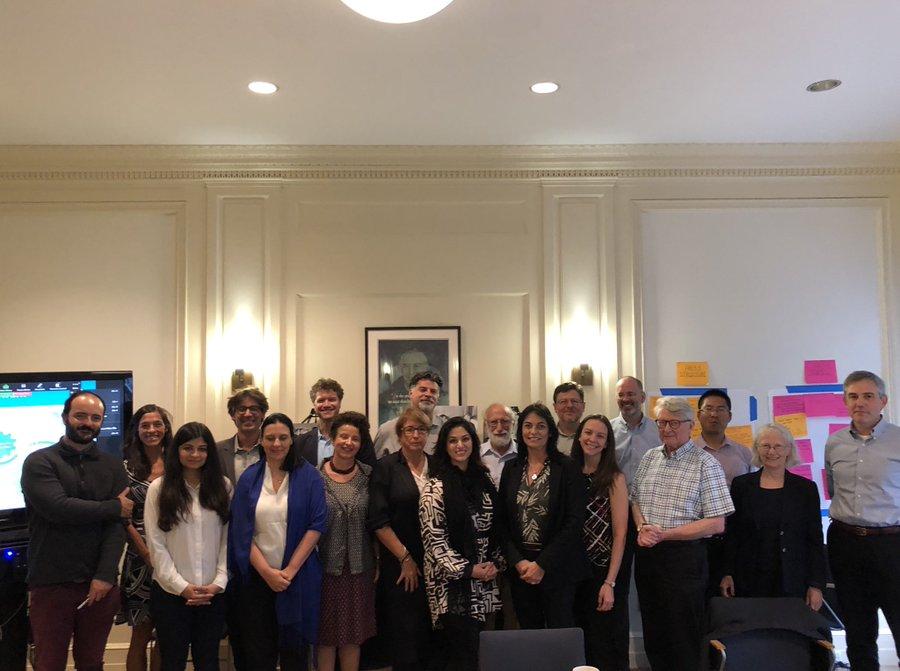
CUDRR+R participated at the Urban Climate Change Research Network's (UCCRN) Science for 1.5 Degrees Session during the #climatesummit and at its strategic meeting at the Roosevelt House, joining the discussion on how…
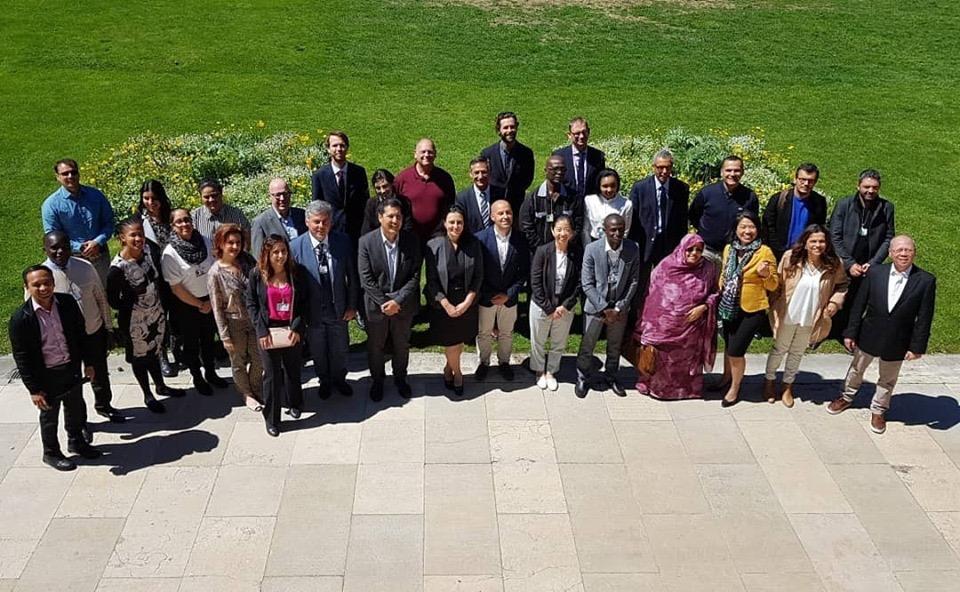
CUDRR+R's Ebru Gencer attended the Global Platform for Disaster Risk Reduction, in Geneva that took place in May 2019. CUDRR+R was represented at the Local and Regional Governments meeting for…